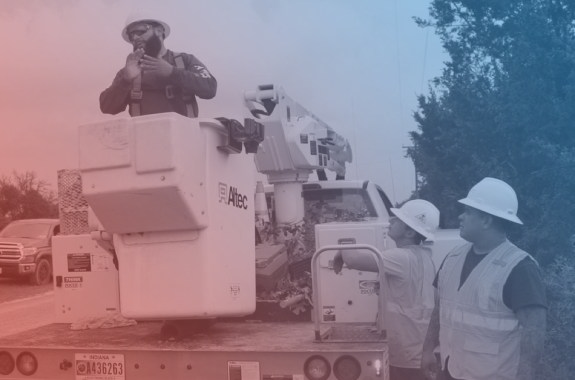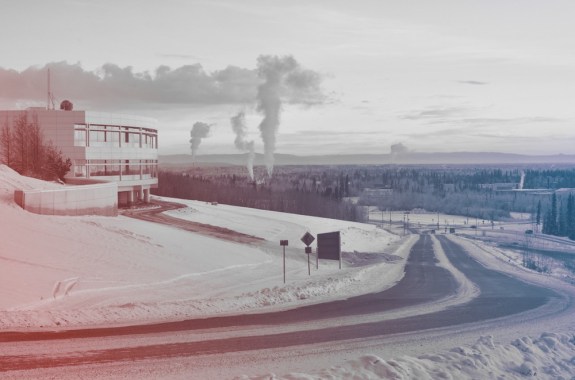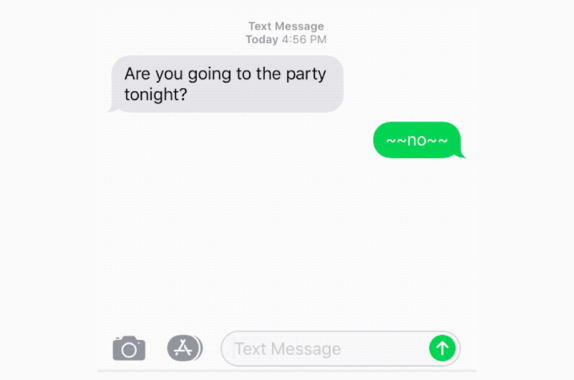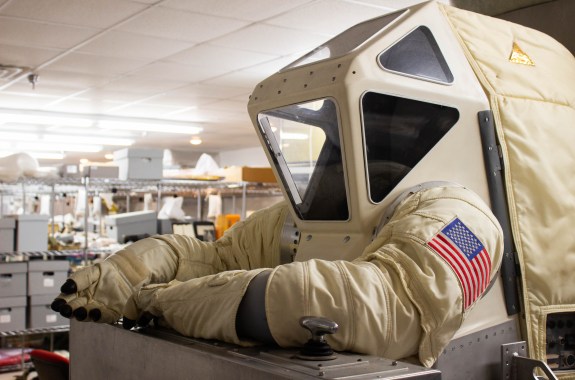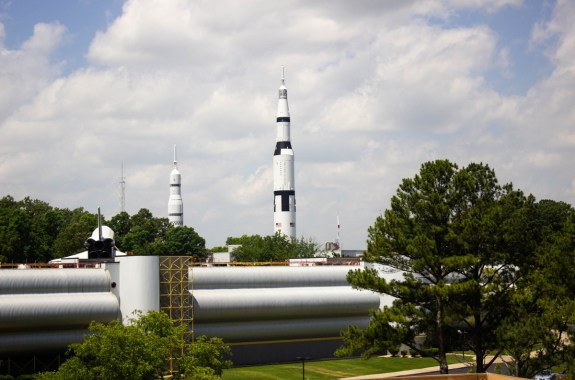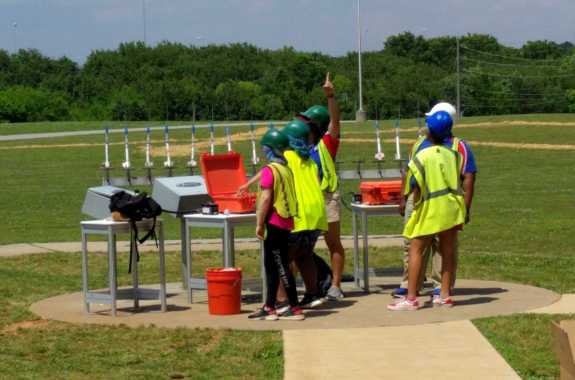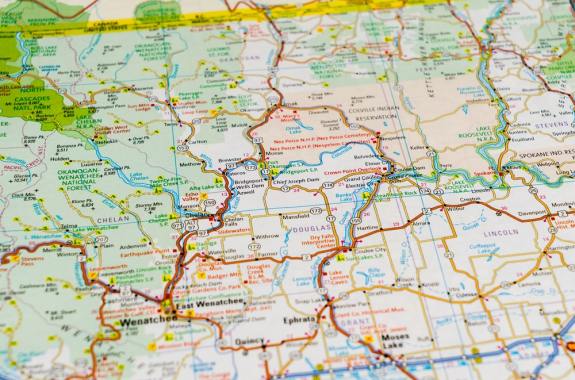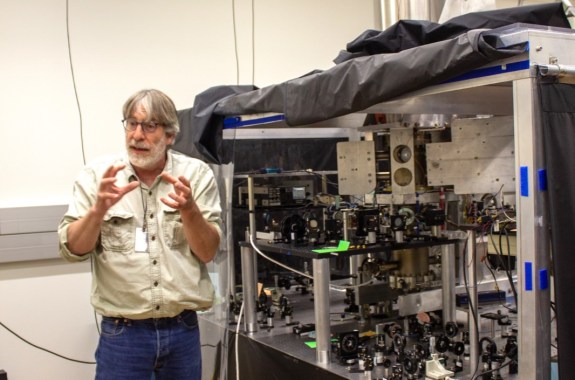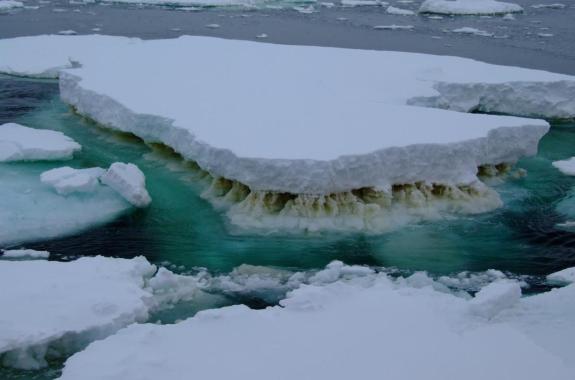As Science Friday’s director and senior producer, Charles Bergquist channels the chaos of a live production studio into something sounding like a radio program. He coordinates in-studio activities each week from 1-4. And then collapses. He also produces pieces for the radio show. His favorite topics involve planetary sciences, chemistry, materials, and shiny things with blinking lights.
Charles has been at Science Friday longer than anyone on staff except Ira, and so serves as a repository of sometimes useful, sometimes useless knowledge about the program. He remembers the time an audience member decided to recite a love poem during a live remote broadcast, the time the whole staff went for ice cream at midnight in Fairbanks, Alaska, and the name of that guy Ira is trying to remember from a few years back who did something with space.
He hails from southeastern Pennsylvania and worked for a while as a demonstrator at the Franklin Institute, Philadelphia’s science museum (favorite devices: Maillardet’s Automaton, the stream table, the Chladni plates). He has a degree in chemistry from the University of Delaware, home of the Fighting Blue Hens, and a master’s in journalism from New York University’s Science, Health, and Environmental Reporting Program. However, he attended the program prior to the addition of ‘Health’ to its name, which may explain his slight unease when covering medical topics.
Outside the walls of Science Friday, he enjoys backpacking, camping, cooking not-entirely-healthy things, reading escapist fiction, and trying to unravel his children’s complicated stories.
11:38
Bridging The Digital Divide In Texas’ Wide-Open Spaces
High-speed internet access is becoming a necessity of modern life, but connecting over a million rural Texans is a challenge.
4:42
What’s Next For The University Of Alaska System?
In the face of major budget cuts, the University of Alaska system takes a step towards consolidation.
22:57
Your Language Is Changing, Because Internet
An internet linguist explores how online communication has changed the way we write.
17:24
Preserving—And Telling—Space History
You know the iconic stories of space flight. But new stories may still be waiting to be found in archives and museum collections.
17:30
NASA’s Megarocket Bet To Return To The Moon—And Beyond
Components of the Space Launch System are undergoing testing, with an aim for a test flight next year.
6:14
The (Model) Rockets’ Red Glare
Model rocketeers are planning to launch thousands of model rockets worldwide in salute to the Apollo anniversary.
28:39
Planning Your Science Travel Itinerary
Suggestions for science-focused locations to add to your summer vacation plans.
10:40
A Tiny Training Partner In Your Gut?
Though the ads tell you it’s gotta be the shoes, a new study suggests that elite runners might get an extra performance boost from the microbiome.
SciFri Extra: About Time
Ira talks with the head of the NIST’s Time and Frequency Division about time, and how to measure it better.
7:03
Why We Need To Talk About Microbes And Climate
Microbes are everywhere and have close ties to the climate. So, why are they often absent from discussion about climate change?
